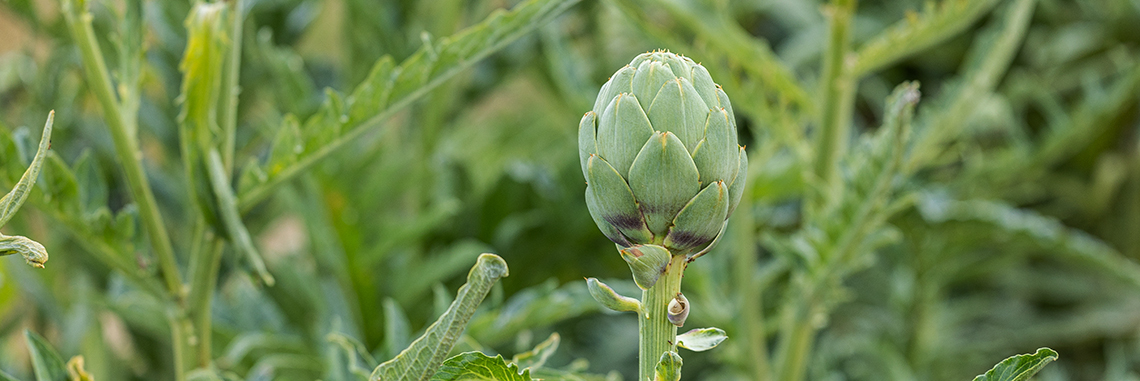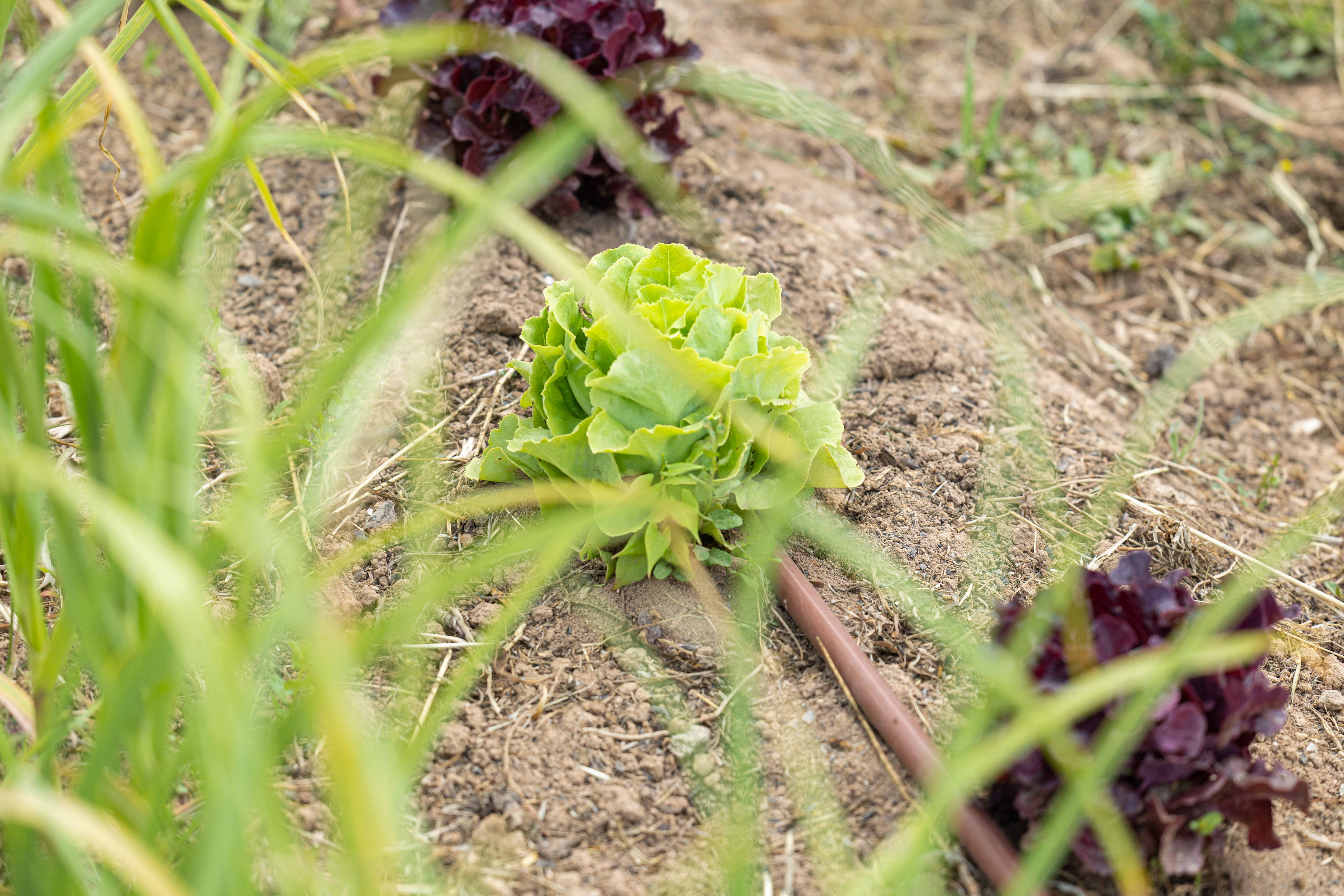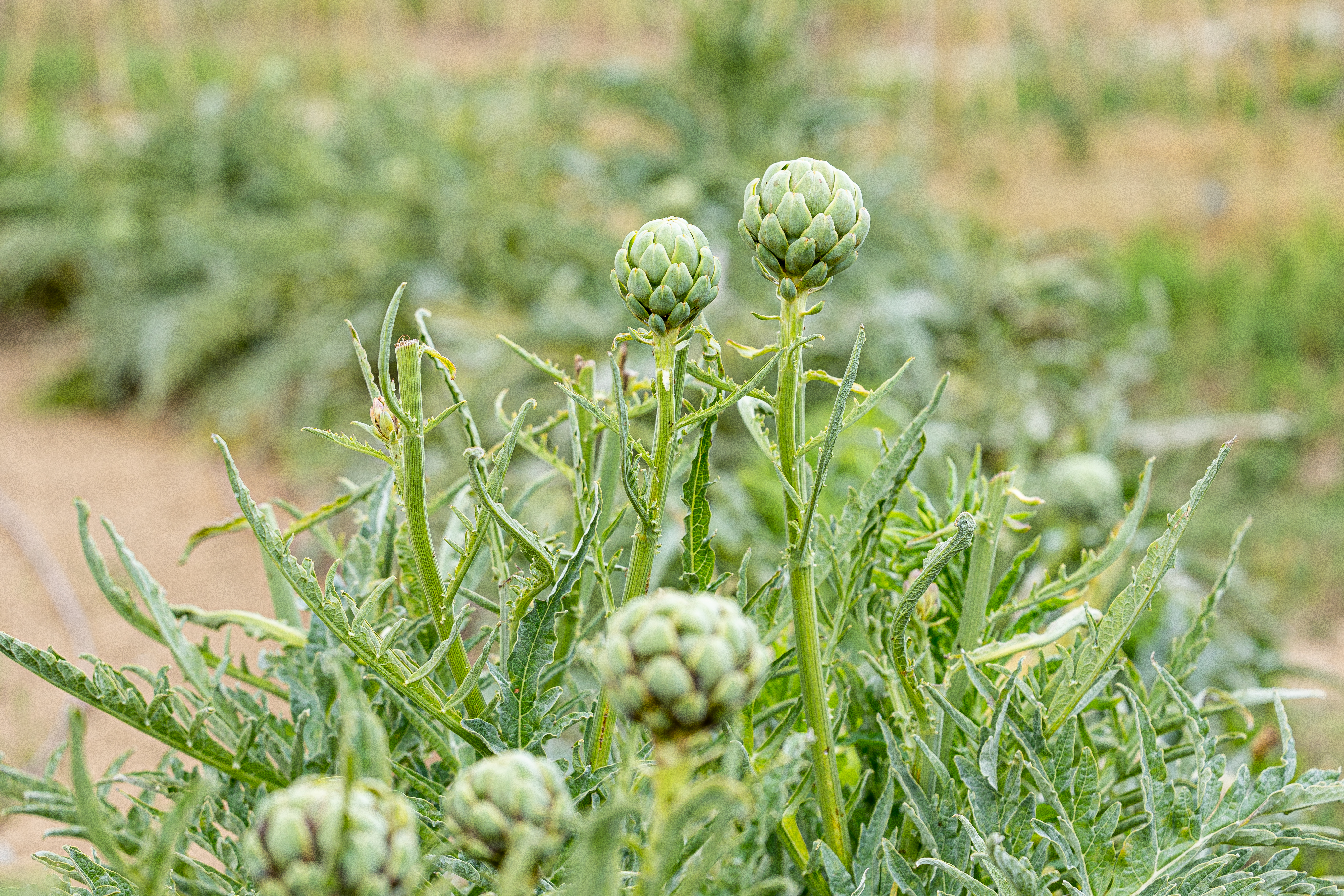Eating Sustainably Without Spending More

By: Toni Ulled, beeletter.org
Eating in a way that is good for us and the planet doesn’t have to be expensive. Adopting a more sustainable diet can benefit our health, reduce the environmental impact of what we consume, and, in many cases, save us money. Here are a few practical and realistic tips to do so easily and without breaking the bank.
What does it mean to eat sustainably?
It means choosing food products with a lower environmental impact that respect natural cycles, promote animal welfare, and provide producers with fair conditions. It also means reducing waste, prioritizing locally sourced products, and cutting down on industrially farmed meat and ultra-processed foods.
Why is this important now?
Food production and consumption represent un 30% de nuestra huella ecológica. Considering the climate crisis, biodiversity loss, and rising food prices, changing the way we eat is one of the most powerful – and accessible – tools to reduce our environmental impact and build a more equitable and resilient food system.
1. Buying less, but better
Sustainable eating isn’t based on buying expensive products, but on being more selective. Reducing our consumption of meat and processed foods to focus on fresh, seasonal, locally sourced products is an effective way of saving money and eating better.
For instance, a study by the Spanish Ministry of Agriculture revealed revealed that the country’s households discard more than 1.2 billion kilos of food annually, especially fruit, vegetables, and bread. Planning our shopping can help reduce waste and cut down on how much we spend.
2. Da protagonismo a las legumbres
Lentils, chickpeas, and beans are cheap, rich in protein, easy to store, and come with a very low environmental footprint. Substituting part of our meat consumption with legumes is both healthy and contributes significantly to lowering our climate impact. For this reason, the FAO promotes the farming and consumption of legumes as a key strategy for global sustainability.
3. Opting for seasonal fruits and vegetables
Consuming seasonal and locally sourced products reduces the environmental footprint associated with transport and supports regional farmers. Plus, they taste better! These products also tend to be cheaper and more abundant when they’re fully ripe. If we’re unsure of what’s in season when, this Ministry of Agriculture webstie provides a month-by-month overview.

Lettuce growing in the Familia Torres vegetable garden, which supplies the Celleret restaurant
4. Buying loose and without unnecessary packaging
Buying loose or bulk products lets us adjust the amount to our real needs, avoids single-use packaging, and is often cheaper. It also helps reduce food waste at home. We can look for stores that sell bulk or loose products in our neighbourhood or at our local market. Some even allow customers to bring their own containers.
5. Cook more, waste less
Sustainability begins at home. Consuming leftovers, freezing portions, using the “ugly” parts of fruits and vegetables or making broths from whatever would otherwise be discarded are simple ways of reducing waste and multiplying the possibilities of what we buy. Furthermore, apps like Too Good To Go allow us to connect with stores that sell surplus food at low prices.
6. Meat: less quantity, more quality
It isn’t about eliminating meat entirely from our diet but reducing how often we eat meat and prioritizing quality over quantity. We can start by cutting down on industrial meat and opting for local products from extensive or organic livestock farming. For example, the organization ProVeg Spain provides resources to reduce meat consumption without giving up on nutrients or flavour.
7. Think global, buy local
Choosing products produced nearby helps reduce transport-related emissions, strengthens the local economy, and promotes more responsible practices. Farmers’ markets or organic farming co-ops are great options. Take this example: the La Colmena Que Dice Sí movement connects local producers with urban consumers.
8. Check the labels (with some common sense)
Organic, fairtrade, and animal welfare certifications can guide us towards making more responsible choices, but they are not always entirely foolproof. The best approach is to combine them with information about provenance and production methods. Guides like Carro de Combate can help us interpret what lies behind every label.

Artichokes in the Familia Torres vegetable garden
Eating sustainably isn’t elitist – it’s smart
Eating more responsibly doesn’t have to be expensive or complicated. More often than not it is a question of organization, criteria, and willingness. Eating better is also a way of caring for our health, environment, and pocketbook.
